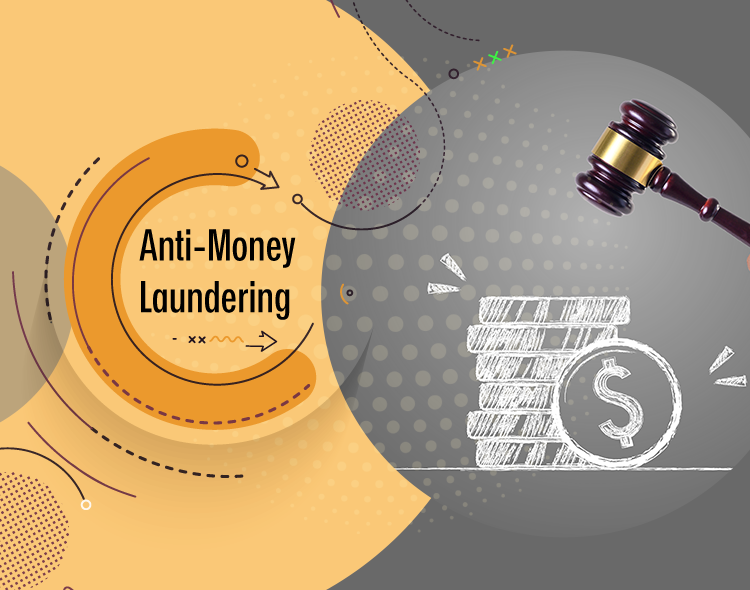Fintech has experimented with its magic wand in various fields, so how can we corner the money laundering aspect?
Criminals’ efforts to launder cash are continuing to shift towards digital currency as its circulation grows. Also, traditional anti-money laundering is being gradually replaced by electronic anti-money laundering (transaction laundering). Let’s discuss how FinTech could be exploited by criminal groups engaged in money laundering.
Read: Most Trending Crypto Wallet Of 2023 – Phantom
Money Laundering in Fintech: What It Means and How to Protect Yourself
Financial crime expanded alongside the rise of sophisticated new technologies. Regulators have some duties at financial institutions to reduce the risk of financial crime.
In particular, anti-money-laundering regulations were implemented by authorities after the 2008 financial crisis to protect financial institutions and their customers. including the traditional banking system, FinTech might face criminal charges including money laundering if it doesn’t follow these rules.
That’s why they can issue heavy fines and take disciplinary action against offenders. There are negative outcomes when money laundering affects the reputation of FinTech companies. However, one crucial consideration must be made: FinTech firms cannot meet AML regulations using only conventional approaches; instead, they must adopt technology-compatible AML solutions.
Read: Lets Understand Crypto In A Laymans Language
Technology has enabled a rise in sophisticated financial crimes. Financial institutions are subject to regulatory pressure to mitigate the threat of financial crime. Financial firms and their customers have been subject to stricter regulations since the 2008 financial crisis. Companies in the financial technology sector run the risk of criminal charges, including money laundering, if they do not adhere to these standards.
This gives law enforcement the ability to issue hefty fines and other forms of disciplinary punishment. Damage to a company’s reputation due to money laundering is substantial, especially for FinTech companies.
However, it’s important to remember that traditional approaches aren’t going to cut it for FinTech companies to meet AML laws, thus these businesses will need to adopt AML for FinTech solutions that work with their technology.
Fintech Case Studies for AML from Our Website
How to Avoid Money Laundering in Fintech Companies?
Customers and businesses have benefited greatly from FinTech’s streamlined financial services, and the industry is only growing. With the growth of fintech comes new money laundering concerns. The anonymity of online transactions, the seemingly endless supply of funds, and the ease with which criminals can initiate transactions all make FinTech an attractive target for money launderers.
Read: Trust in Banking Explained With 10 Live Examples
As the use of digital currency grows, so too does the prevalence of this technique among criminals. In addition, anti-money laundering efforts that focus on preventing transactions from being laundered have started to give way to computerized methods.
This incident illustrates the risk that FinTech firms face from money-laundering criminal organizations. All of this information may provide serious anti-money-laundering risks to the financial technology sector. The financial technology industry needs to combat money laundering and terrorist financing by adhering to best practices.
Conclusion
In a nutshell, the AML Compliance Programme includes all that high-risk organizations do to avoid financial crime and stay in line with the law. To lessen the potential for money laundering, FinTech companies must fulfill their AML responsibilities in the jurisdictions they serve.
Fighting financial crime calls for open lines of communication between regulators, FinTechs, and other stakeholders through the AML Compliance Programme of FinTech. Building bridges between different interest groups provides an opportunity to protect the international financial system without jeopardizing its growth.
Regulators can benefit from FinTechs by gaining a deeper understanding of the dynamic business landscape, including emerging products and services, shifting customer preferences, and unique challenges.
With this information, regulators would be better equipped to craft laws that are equitable and progressive for everybody involved. By strengthening existing partnerships and promoting new ones, FinTechs and regulators can share information about risks, criminal trends, and other relevant patterns of behavior that may aid in the speedier detection of bad actors.
All stakeholders must be ready and willing to find regulatory solutions that promote innovation while maintaining adequate levels of security and legal conformity.
[To share your insights with us, please write to pghosh@itechseries.com ]
